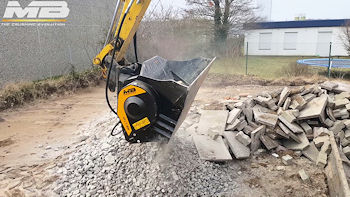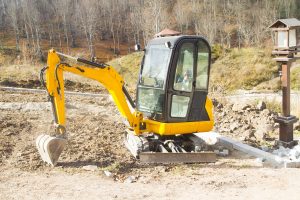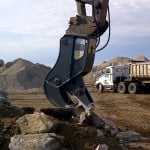5 Types of Standby Generators
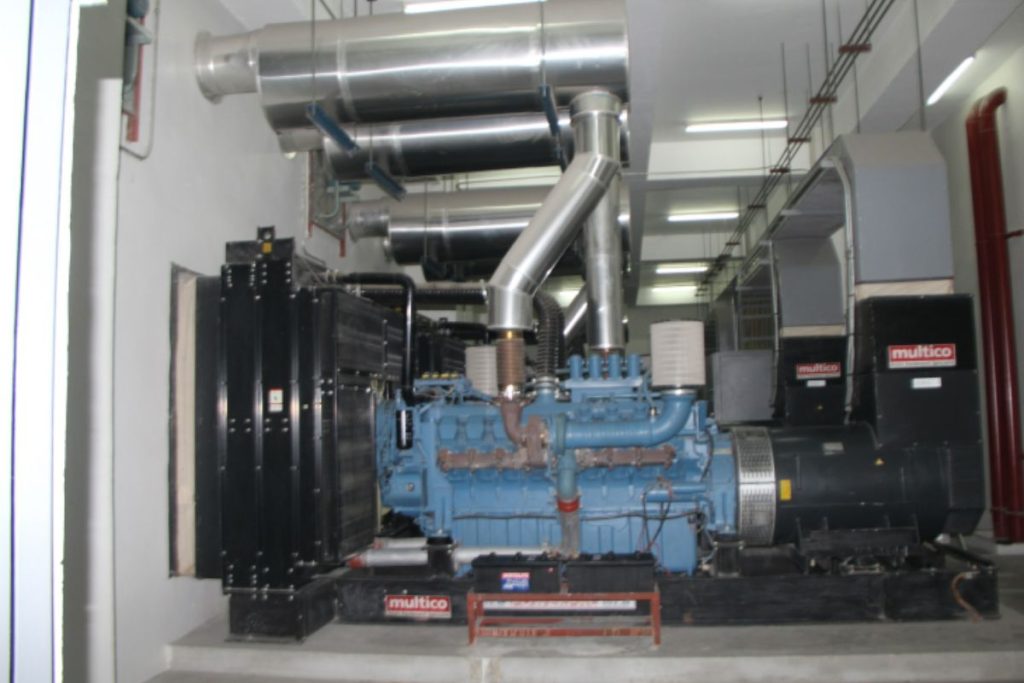
5 Types of Standby Generators
March 18, 2024
What are the different types of standby generators?
- Diesel standby generator
- Gasoline standby generator
- Natural gas standby generator
- Propane standby generator
- Bi-fuel standby generator
Overview
- Standby generators, also known as backup generators, are electrical devices designed to provide power during periods of utility power outage.
- These generators vary depending on the fuel they utilize, with options including gas, diesel, propane, and dual fuel These types of standby generators are employed across various applications.
- Choosing the right standby generator depends on your needs, so it’s important to weigh the pros and cons of each type.
Standby generators provide reliable backup power for residential, commercial, and industrial purposes. Positioned outdoors on a concrete footing, they offer a sustained electricity supply, lasting for days during prolonged outages, depending on the fuel type and setup.
In this article, we will focus on the types of standby generators, exploring their different kinds as well as their benefits and drawbacks.
Diesel Standby Generator
Diesel standby generators are equipped with tanks that fuel the internal combustion engine, enabling electricity production. Compared to natural gas generators, they typically have smaller fuel storage capacities and higher initial costs. They operate autonomously, with their fuel reservoirs, ensuring continuous power supply regardless of the grid’s status.
Pros
- They consume less fuel compared to other options.
- They require less maintenance.
- They can handle larger power loads and offer long-lasting power output.
Cons
- They have a high initial cost.
- They emit harmful pollutants, affecting health and the environment.
- They are bigger and heavier than other generators.
Gasoline Standby Generator
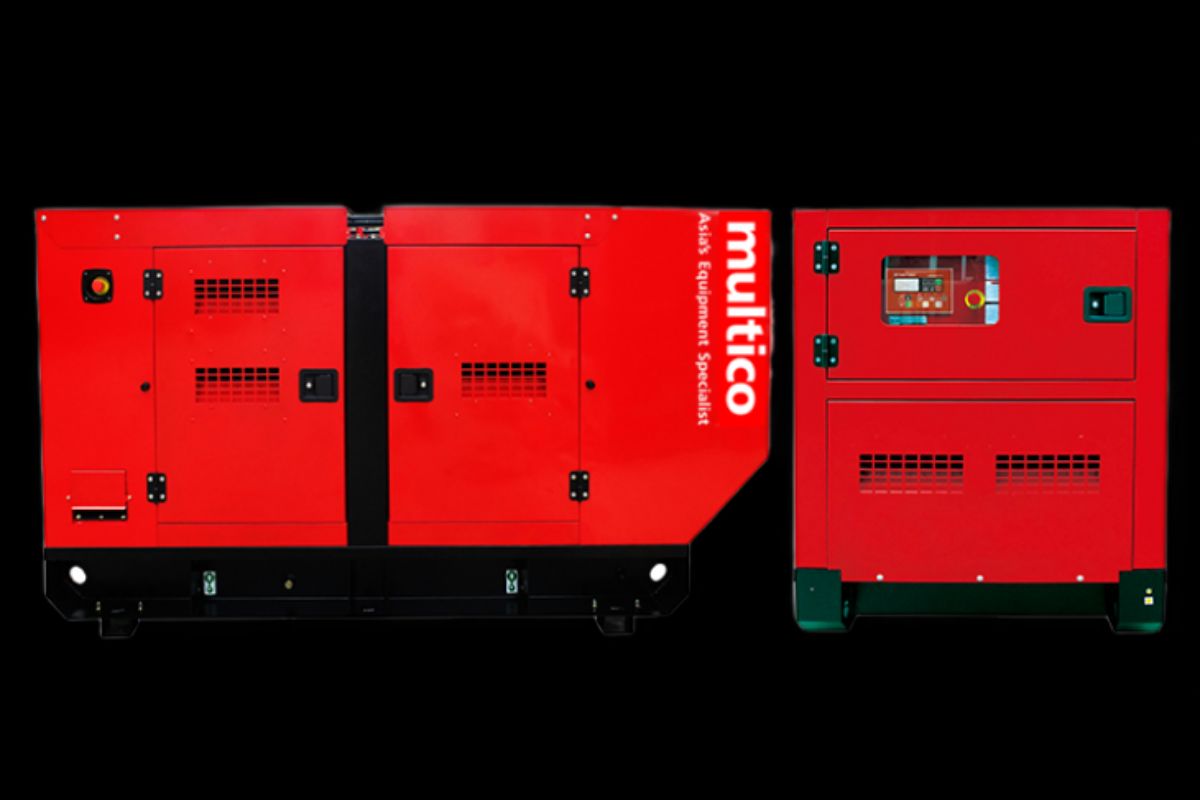
These generators are used worldwide to provide electrical power in situations where grid power is unavailable or insufficient. From natural disasters to construction sites, camping trips to home backups, they offer reliable power.
Fundamentally, they are internal combustion engines. They convert the chemical energy in gasoline into mechanical energy, which drives an alternator to produce electricity. The generator’s operation can be divided into three phases: intake, compression, and ignition.
Pros
- Fuel can be readily sourced from gasoline stations.
- They start quickly, providing immediate power during outages.
- Their simple engine makes them easier to maintain.
Cons
- They offer higher fuel costs compared to diesel or natural gas.
- Limited run time due to small fuel tanks.
- Not suitable for heavy power requirements.
Natural Gas Standby Generator
Natural gas-powered generators operate by employing a combustion process to transform natural gas into electricity. Initially, their engine compresses air and natural gas, which are then ignited. The ensuing explosion propels a turbine connected to an alternator, ultimately generating electricity.
Pros
- Natural gas is a cleaner-burning fossil fuel.
- They are odor-free compared to diesel generators.
- They are quieter than other generator types.
Cons
- They require high maintenance costs.
- Natural gas is flammable and poses a fire hazard.
- They stop if the natural gas supply runs out.
Propane Standby Generator
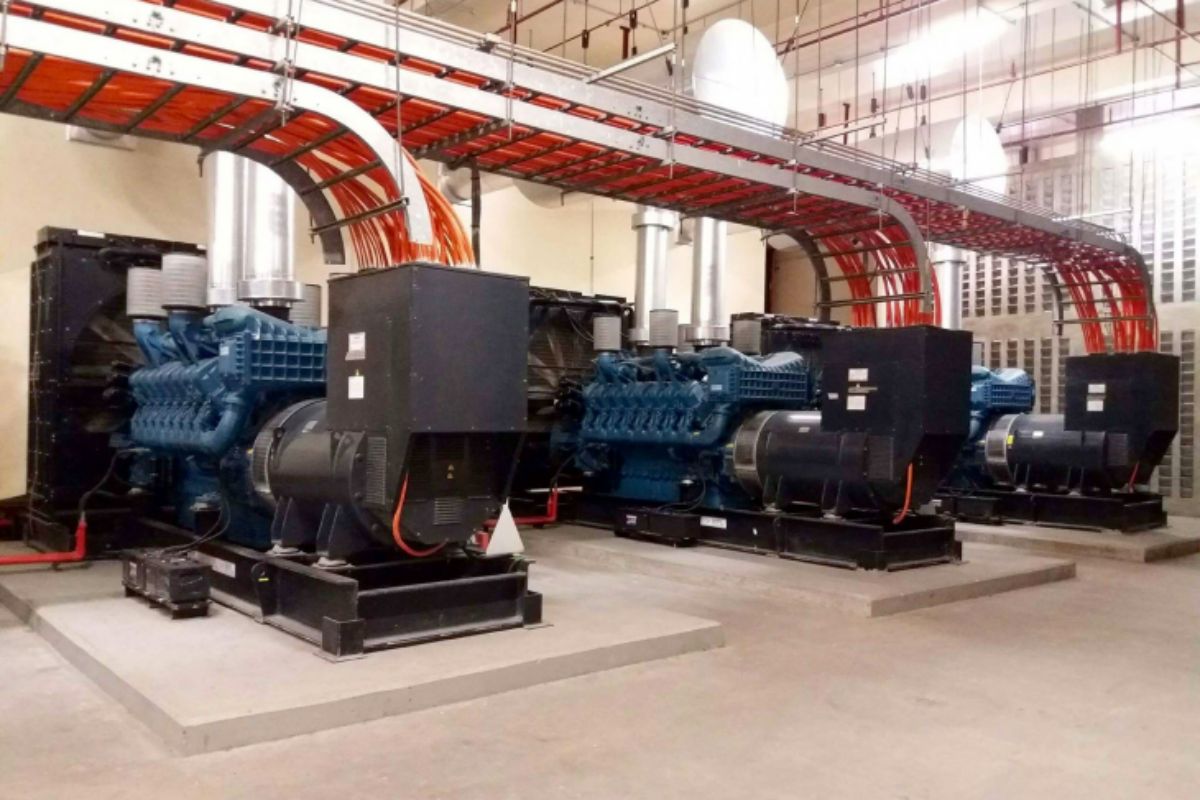
Propane gas generators come in different sizes to suit various needs. They are typically near a carport or similar area. They rely on the propane storage tank for fuel. These generators start automatically within seconds of a power outage.
Pros
- Switches on automatically, restoring power to their property fast.
- Propane is clean burning, emitting fewer greenhouse gases.
- Propane stays stable over time, making it reliable for standby fuel.
Cons
- They are more expensive than gas or diesel generators.
- Their setup can be a challenge due to additional piping requirements.
- Propane-run engines have a short lifespan.
Bi-Fuel Standby Generator
Bi-fuel Generators, also known as dual-fuel generators, provide users with the flexibility of using multiple fuel types within a single unit. This versatility proves invaluable during times of crisis when fuel availability may be limited, ensuring a dependable backup power source regardless of circumstances.
By combining the benefits of propane and gasoline generators, these units offer users the convenience of easy fuel switching.
Pros
- They offer the flexibility to select between gasoline and propane as fuel options.
- They are more environmentally friendly than single-fuel gasoline or diesel generators.
- They are equipped with a backup fuel source to ensure a continuous power supply.
Cons
- They require regular upkeep to ensure efficient operation.
- Their gasoline presents storage challenges as it degrades within a few months.
- Maintaining their fuel system requires expertise due to its complexity.
Multico is Your One-Stop Shop for Quality Generators
The effectiveness of a generator depends on careful selection, installation, and maintenance. Multico Prime Power, Inc. (MPPI) is a one-stop shop for industrial and heavy equipment, providing various industries with high-quality generator sets and material handling equipment, heavy equipment, truck cranes, hand pallet trucks, and more.
We offer complete solutions for engineering and construction projects, including installation, turnkey projects, technical training, after-sales support, and preventive maintenance services.
Key Takeaway
Whether you operate a data center or a hospital, power outages can severely disrupt your critical operations. Standby generators offer backup power that automatically kicks in to keep your operations running smoothly, regardless of any issues with the local power grid.
Learning more about the types of standby generators as well as their advantages and disadvantages will guide you in choosing the right one for your operational needs.
For inquiries on Multico’s products and services, contact us today.


